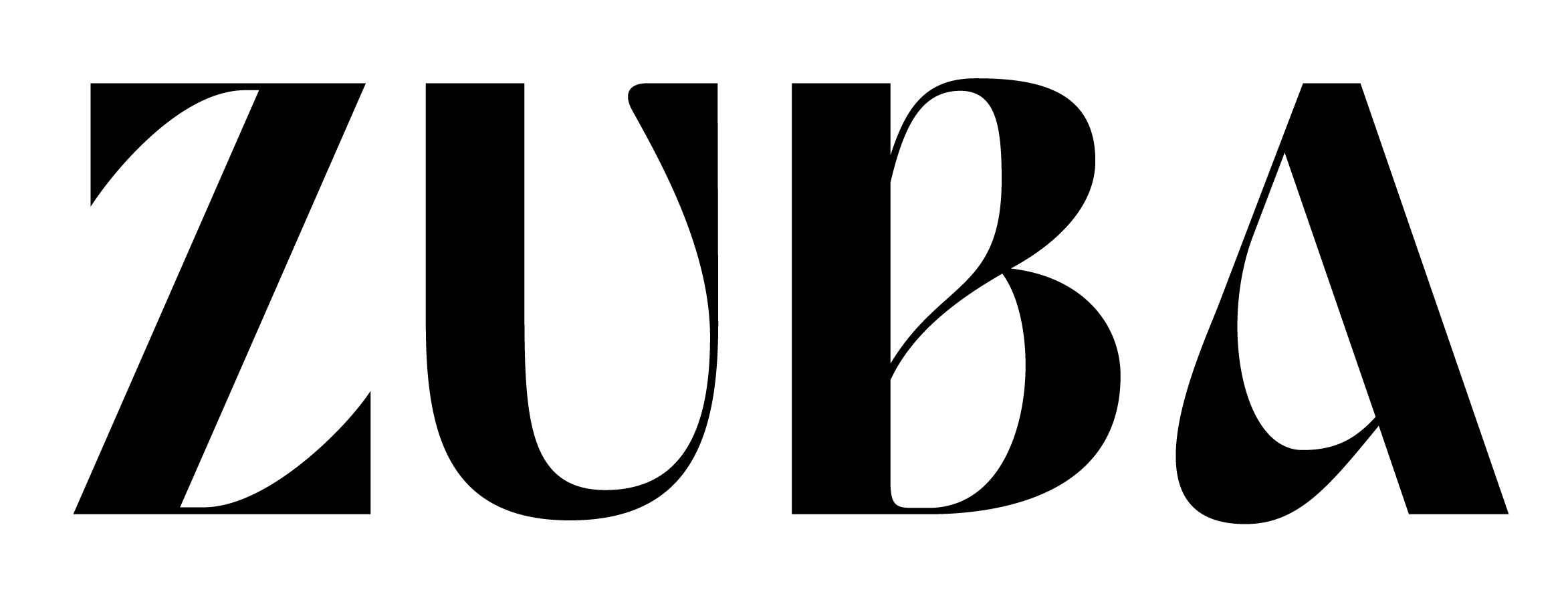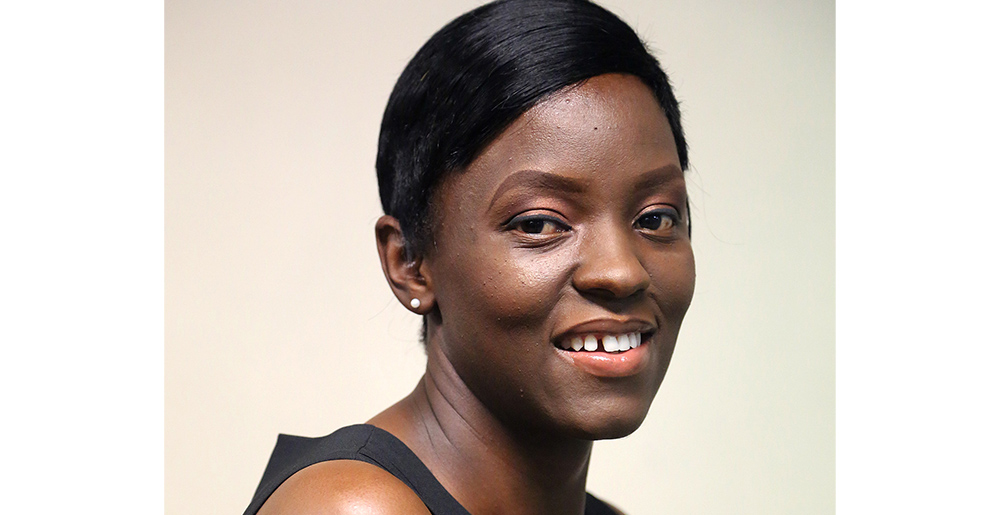Debra Musanyare Matabvu is an award winning journalist based in Zimbabwe. She kick started her career as a journalist in 2014, as a correspondent at The Sunday Mail, a weekly newspaper owned by The Zimbabwe Newspapers (Zimpapers) before landing a permanent position as News Reporter.
‘I write on issues to do with development, education, health, women and human interest stories”.
She has also worked with Reuters and is a member of the World Association of Newspaper and News Publishers (WAN-IFRA)’s 2020 Women in News Leadership Accelerator Programme.
Last year, Debra was the recipient of the prestigious APO Group African Women in Media award, that celebrates and honors the work of female journalists promoting women entrepreneurship on the continent.
Growing up, did you always dream of being a journalist or was it accidental? What inspired you to take on this career?
Growing up I never thought I would be a journalist but I loved reading newspapers and I loved watching news bulletins with my father. Being a girl in the African home set up, you are expected to do house chores like cooking but I remember whenever my father came back from work with newspapers, I would leave the chores to read the newspapers and this would not go well with my parents, who later came up with a plan to hide the papers until I had finished the chores. This meant at times, I would read the newspapers when everyone had gone to bed because remember I had to finish my chores first.
So I believe I am not in this profession by accident even though growing up I did not think I would be a journalist.
I think I am one of those few who did not have a specific career in mind growing up.
After I finished my Advanced level, I know had a faint idea of what I wanted to be when I grow up. I wanted to be a social worker although I was not sure enough. However, when my final results came, I had five points and every one said they were not enough for one to enroll for social work at University. I lacked career guidance so I believed them.
My father then suggested that I become a journalist. However my mother wanted me go to back to school get good points and become a human resources manager.
In 2009, my father passed away and that was when I decided to take up his suggestion. In 2010 I enrolled at NUST and I had to work extra and get good grades just to prove to my mother that it was a good degree and that I was good at it.
However, in 2011, my mother passed away as well, so this time I had to work hard not to please any one but so that I get a job and be able to take care of my young siblings. Failing was not option. I had to pass.
During my internship at The Sunday Mail, I made sure I did my best and I was fortunate to get a job soon after completing my studies. So I believe it was no accident. It was meant to be.

How do you think being a woman impacts your work as a journalist?
I believe as women, we have a sixth sense that men do not have and over the years I used this sixth sense to write stories my male counterparts usually overlooked. For example, I have written a number of stories that impact women and children. These are some of the stories that would normally not see light of day, but I have managed to write and have them published.
What challenges have you faced in your line of work? How did you overcome them?
Journalism is a male dominated sector, so in most instances men think that they alone should be in that space regardless of their female counterparts’ effort or knowledge. I have encountered men who think that because of my sex, I am not capable of doing certain tasks or holding a certain position.
I have also encountered male colleagues who would go out of their way to pull you down just to prove you do not belong in the industry.
In such incidents I have tried to my best and accomplish whatever task assigned to me.
I have let my work speak for me, eventually my efforts and talents are recognized.
I have had the privilege of working with some men who have supported me at The Sunday Mail and at Zimpapers.
What are you doing to ensure you continue to grow and develop as a journalist?
I have enrolled for my Masters degree at a local University and also enrolling in various organisations or institutions that offer small courses and networking opportunities. I believe these help one grow professionally and help for networking purposes with other journalists across the world.
But my dream is to enroll at a Western university. They are better equipped compared to most African Universities in terms of new and digital media resources and knowledge.
My dream is to acquire knowledge on how to produce and publish the African story, the story of the African woman which is not, in many instances well packaged and documented.
How have you used your platform as a journalist to serve and make the world around you better?
Like I said before, I love writing human interest stories. In my six years as a journalist, I have interviewed women who have shared incredible stories which have been overlooked. So I can say, I love giving women a platform where they can stand and tell their story and worldview.
Congratulations! You recently won the APO Group African Women In Media award 2020 for your role in promoting women entrepreneurship in Africa, what was the experience like?
I felt honored, I felt humbled. It was an amazing experience. I would like to thank APO Group for the recognition. In many instances, female journalists are unvalued and not appreciated for the work they do. So to be recognized at such a level, I really feel honored.

Why do you think empowering women entrepreneurs through media is crucial for Africa’s development?
A huge number of women in Africa have ventured into entrepreneurship. These women have contributed to job creation and countries Gross Domestic Product( GDP). However due to the limited space given to women in the media, female entrepreneurs are not given the space to share their stories. By sharing African female entrepreneurs’ stories, the media helps market their goods or services to the world as well as attracting foreign direct investment to Africa.
Any exciting projects you are working on that we should look forward to?
I am working on an online project which seeks to produce, package and disminate African women’s stories. I believe Africa has a lot to offer.
The project has somehow been hindered by the Covid-19 pandemic but I believe it should be up and running August this year.
Looking back at your journey, what are the 5 things you would tell a younger Debra Matabvu, starting out on her career journey?
- Focus, work hard and believe in yourself.
- You have to train your mind to be stronger than your emotions. What people say or think about you should not stop you from going after your dreams.
- Never despise the day of small beginnings. You need to have strong foundations for you to be able to withstand any storm.
- Be humble. Everyone has something that you do not have, so be willing to learn from everyone.
- Pray. Pray. Pray.
Catch the second episode of our docu-series titled, ‘Forging Through A Crisis,’ featuring powerful stories of female entrepreneurs that have innovated recovery solutions or re-invented their businesses to recover from the impacts of COVID19 pandemic.

